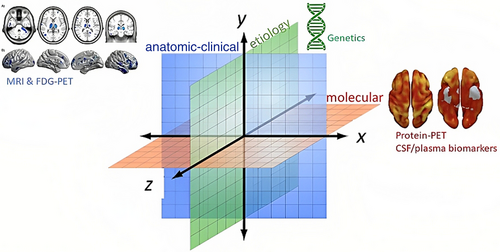Arachidonate 5-lipoxygenase plays an important role in the synthesis of leukotrienes. Leukotrienes are inflammatory mediators, and inflammation has been implicated in the pathogenesis of Alzheimer disease. A polymorphism in the ALOX5 promoter consisting on 3 to 6 tandem-repeats of a Sp1/Egr1 binding motif (GGGCGG)n, has been related with the amount of gene expression. To verify the association between this polymorphism and the risk for late-onset Alzheimer disease we genotyped a total of 291 patients (mean age 74+/-7 y) and 300 controls (mean age 73+/-8 y). We found alleles of 3 to 6 repeats, and allele and genotype frequencies did not differ between patients and controls. These frequencies did not differ between patients according to the APOE genotype (epsilon 34 + epsilon 44 vs. epsilon 23 + epsilon 33). Together, our results indicate that the Sp1/Egr1-repeat polymorphism in the ALOX5 promoter is not a genetic marker for the risk of developing late-onset Alzheimer disease.
Reference: Victoria Alvarez, Pelayo González, Ana I Corao, Manuel Menéndez, Carlos H Lahoz, Carmen Martínez, Maite Calatayud, Blanca Morales, Eliecer Coto. The Sp1/Egr1-tandem repeat polymorphism in the 5-lipoxygenase gene promoter is not associated with late onset Alzheimer disease. Alzheimer Dis Assoc Disord. ;22 (2):177-80 18525291

